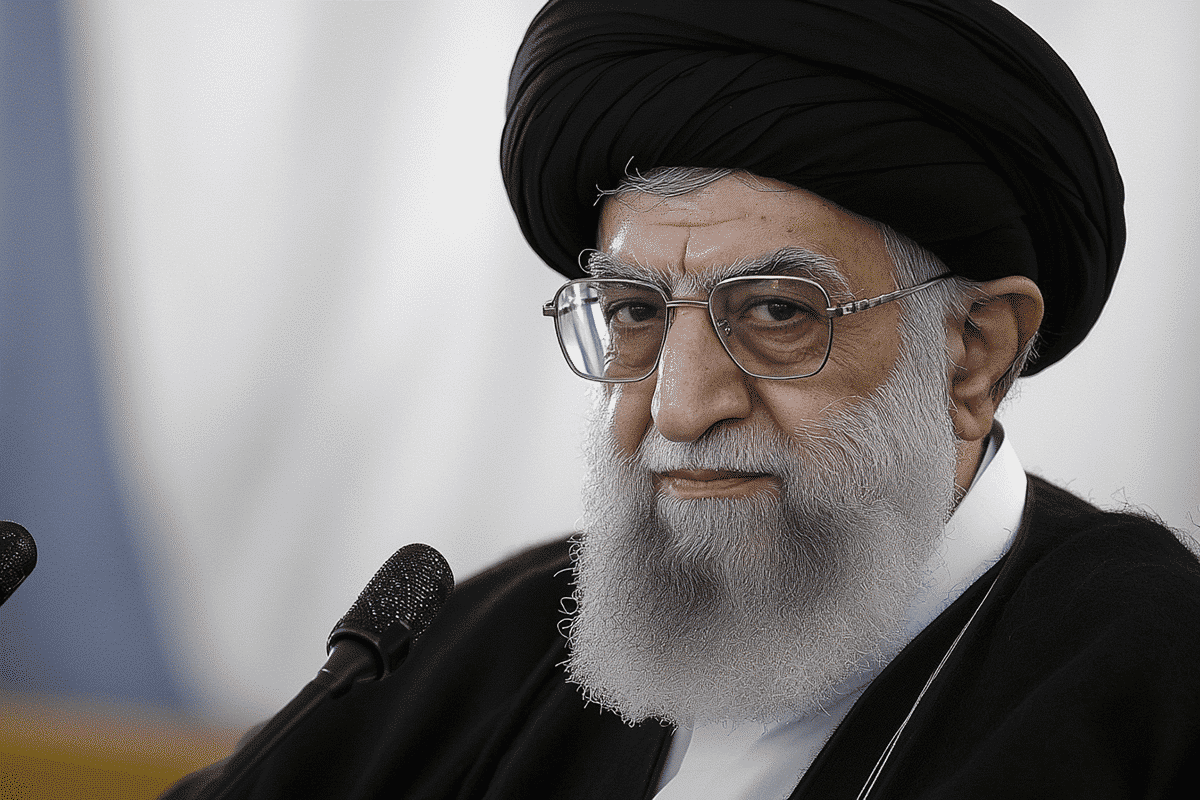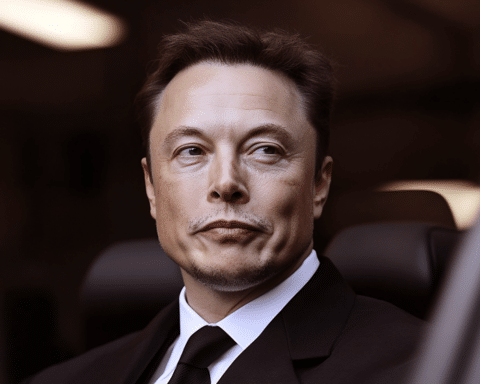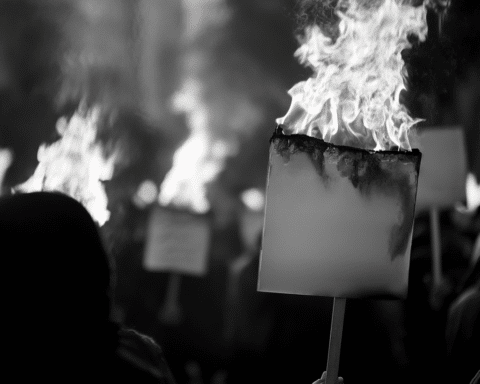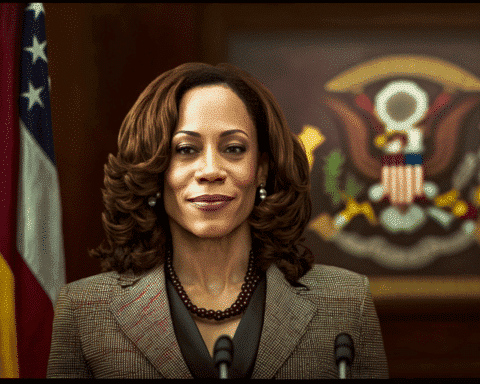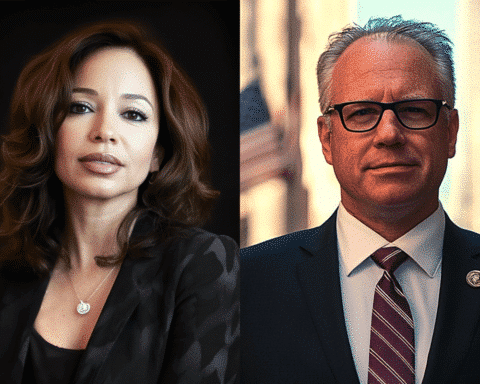Iran’s Supreme Leader Ayatollah Ali Khamenei has indicated a willingness to engage in renewed negotiations with the United States regarding Iran’s advancing nuclear program. In a notable shift, Khamenei suggested that there would be no harm in engaging with the U.S., which he referred to as an enemy, provided that Iranian officials do not place their hopes on Washington’s trustworthiness. His remarks come at a critical time, as tensions in the Middle East remain high, and the United States approaches a significant presidential election.
This development mirrors the diplomatic stance during the 2015 nuclear agreement, which saw Iran agree to restrict its nuclear activities in exchange for the lifting of economic sanctions. Khamenei’s latest statements suggest a possible opening for diplomacy under the leadership of Iran’s current reformist President, Masoud Pezeshkian. However, Khamenei has set clear boundaries for any discussions, emphasizing caution and the importance of not trusting the United States outright.
The potential for renewed talks is further complicated by the ongoing Israel-Hamas conflict in the Gaza Strip, which has heightened tensions across the region. In addition, the upcoming U.S. presidential election, featuring key candidates like Vice President Kamala Harris and former President Donald Trump, adds another layer of uncertainty. Khamenei’s remarks underline Iran’s concern over the possibility of Trump returning to power, given his administration’s decision to unilaterally withdraw from the 2015 nuclear deal.
President Masoud Pezeshkian, who assumed office following the death of hard-line President Ebrahim Raisi in a helicopter crash, has indicated a willingness to reengage with the West. Khamenei’s comments could provide Pezeshkian with the necessary political cover to initiate diplomatic efforts. Pezeshkian’s administration includes Abbas Araghchi, a key figure involved in the negotiations of the 2015 nuclear deal, now serving as Iran’s foreign minister.
While the U.S. State Department has responded cautiously to these developments, it remains committed to diplomacy as the most effective means of addressing Iran’s nuclear ambitions. However, it also highlighted the current challenges, noting that Iran’s recent actions, including nuclear escalations and a lack of cooperation with the International Atomic Energy Agency (IAEA), have complicated the path toward meaningful negotiations.
Since the collapse of the 2015 agreement, Iran has significantly advanced its nuclear program, enriching uranium to levels close to weapons-grade. This has included bypassing restrictions and disrupting surveillance measures put in place by the IAEA, as well as barring some of the agency’s most experienced inspectors. Iranian officials have also hinted at the potential pursuit of atomic weapons, further raising concerns among the international community.
The broader regional context, particularly the strained relations between Iran and Israel, adds to the complexity of any diplomatic efforts. The shadow war between the two nations has escalated, with incidents such as Iran’s drone-and-missile attacks on Israel following perceived provocations. The situation has been further inflamed by incidents like the assassination of Hamas leader Ismail Haniyeh in Tehran, which led Iran to issue threats against Israel.
As the U.S. prepares for its presidential election, the potential impact of the outcome on U.S.-Iran relations cannot be overlooked. A victory by Kamala Harris, who has vowed to take decisive action to protect U.S. interests against Iran, could influence the likelihood of a new nuclear agreement. Analysts suggest that if the Israel-Hamas conflict de-escalates, the chances of a deal under a Harris administration could improve. However, Iran is likely to demand more guarantees to prevent a repeat of the U.S. withdrawal from the agreement, as seen in 2018. This could involve fewer concessions on Iran’s part, particularly regarding the dismantling of advanced nuclear infrastructure.
The potential for renewed negotiations, while fraught with challenges, indicates a cautious opening for diplomacy. As both Iran and the United States navigate their internal and external political landscapes, the prospect of finding common ground on Iran’s nuclear program remains a critical issue for regional and global stability.
